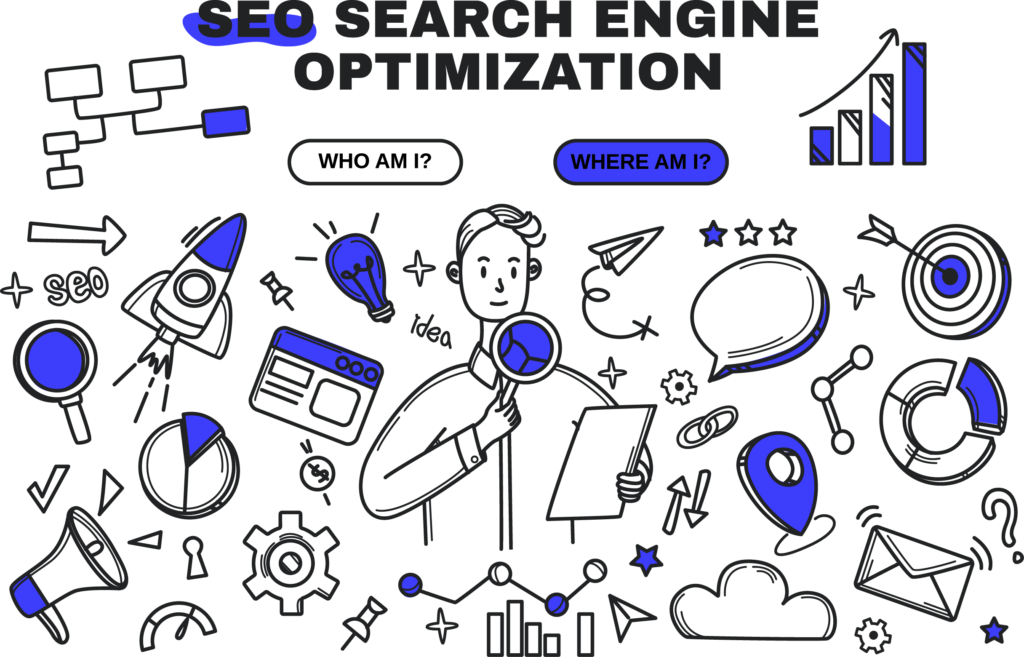Table of Contents
The Myth of Crawl Budget: How Google Really Decides What to Index (and How to Win)

Understanding the Changing SEO Landscape
No More Fixed Crawl Budget: Forget the notion that your website is confined to a set daily number of crawls. Google’s sophisticated algorithms don’t work that way.
Quality is King: Google prioritizes websites offering the most valuable, relevant, and user-friendly content.
Dynamic Crawling Rules: How frequently Google crawls your site depends on factors such as the quality of your content and the search demand for your niche or topic.
A Conversation with Google: Demystifying Crawling
How to Optimize Your Website for Success
To truly understand Google’s approach, let’s examine a revealing exchange between Gary Illyes of Google’s Search Relations team and SEO consultant Dave Smart:
Illyes posed the thought-provoking question, “If you operated a crawler, how would you decide what to fetch?” Dave Smart, as an SEO expert, focused on known data and the importance of links to determine what pages are important for crawling.
Illyes elaborated, revealing that Google’s decision-making involves two key factors:
1.The Scheduler: Proactively determines what pages should be crawled.
2.Search Demand: User search queries play a significant role in guiding the crawler’s focus. Put simply, a decline in search demand for a topic can mean a decrease in crawl activity.
The bottom line, as Illyes explains, is that “if you want to increase how much we crawl, then you somehow have to convince search that your stuff is worth fetching.”

1. Create Outstanding Content
Keyword Research: Pinpoint what your audience is searching for and integrate those terms naturally into your writing.
Expertise and Readability: Ensure your content offers valuable insights, authority, and is easy to understand.
